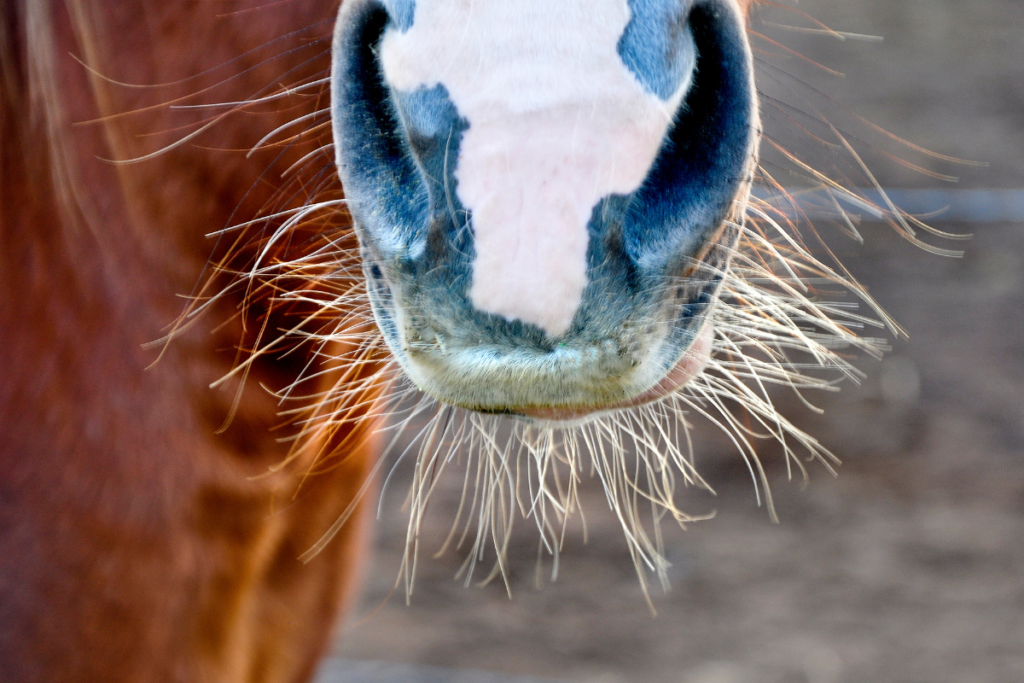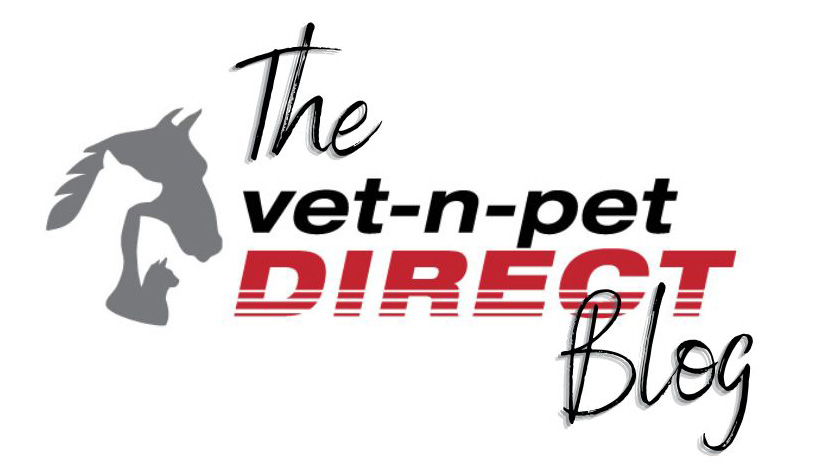
The FEI, International Federation for Equestrian Sports, announced that from July 1st 2021 horses will not be permitted to compete if they have had their sensory hairs (whiskers) clipped, trimmed, shaved or removed. The only exception is if they have been removed by a veterinarian to relieve pain or discomfort or for a procedure.
This is great news because horse whiskers are actually a very important sensory organ. Horse’s whiskers, correctly called vibrissae, are tactile hairs that can be found predominantly on the muzzle and around the eyes. The vibrissae are stiff and wiry hairs, longer, stronger and thicker than normal hairs. Vibrissae have their own follicle which runs deep under the skin with its own blood and nerve supply.
Vibrissae are an important sensory tool helping a horse gather information about its surroundings and environment. They aid in depth perception, allowing a horse to know how far they are from something. This is a particularly important role of muzzle/nose whiskers as horses can not see directly under the nose. The vibrissae around the eyes will initiate the blink response to protect the eye from danger. The strong nerve supply makes them sensitive to touch and gives them the ability to feel air movements and vibrations. They help a horse determine if something is safe to approach or if something unusual is nearby (like snakes in the grass or the pulse from an electric fence).
Whiskers are constantly sending information to the brain. They work together with a horse’s other senses to help them understand their environment and keep them safe. There is no benefit to removing, trimming or shaving a horse’s whiskers. It is generally only done for cosmetic purposes. So instead embrace the whiskers, leave them as nature intended, they are better off with them.
